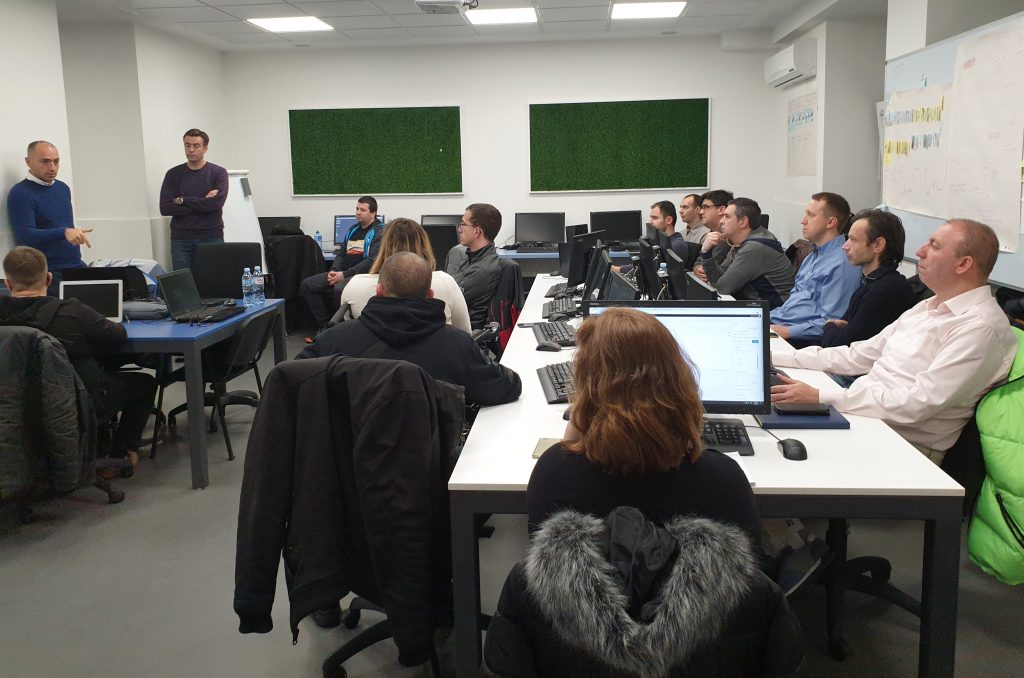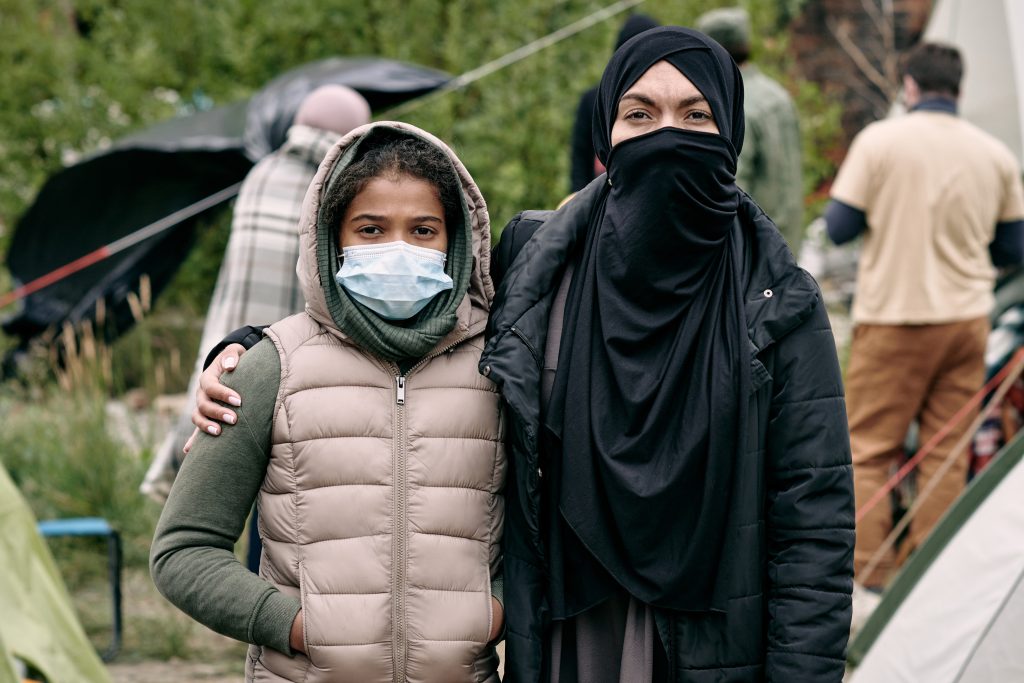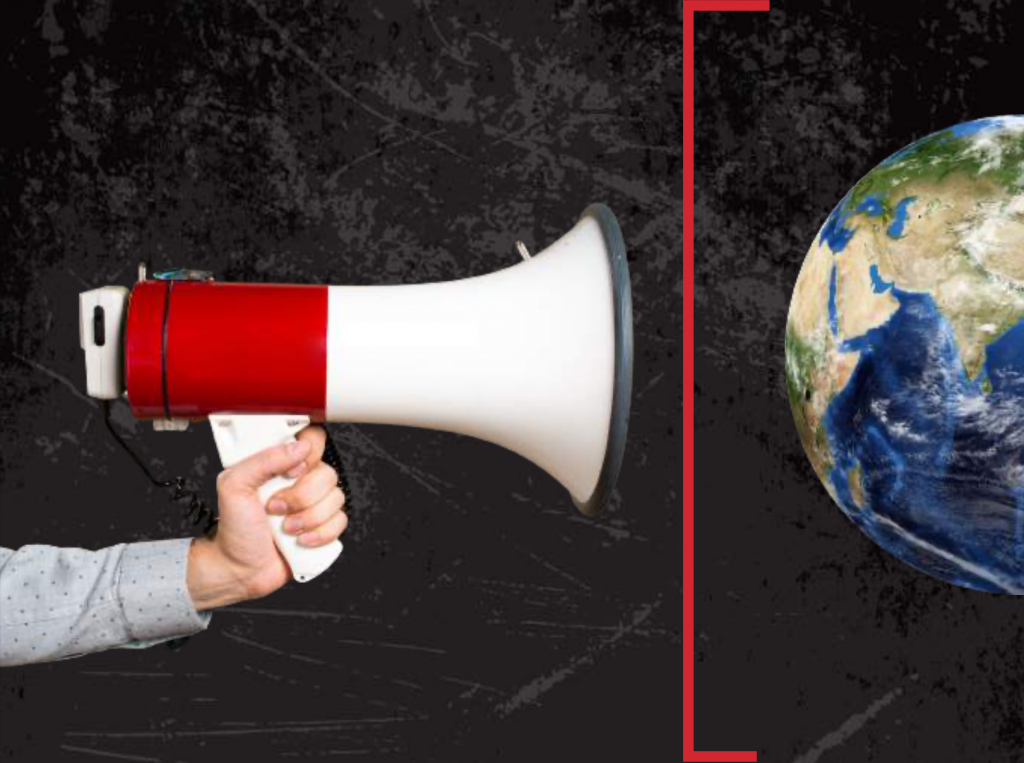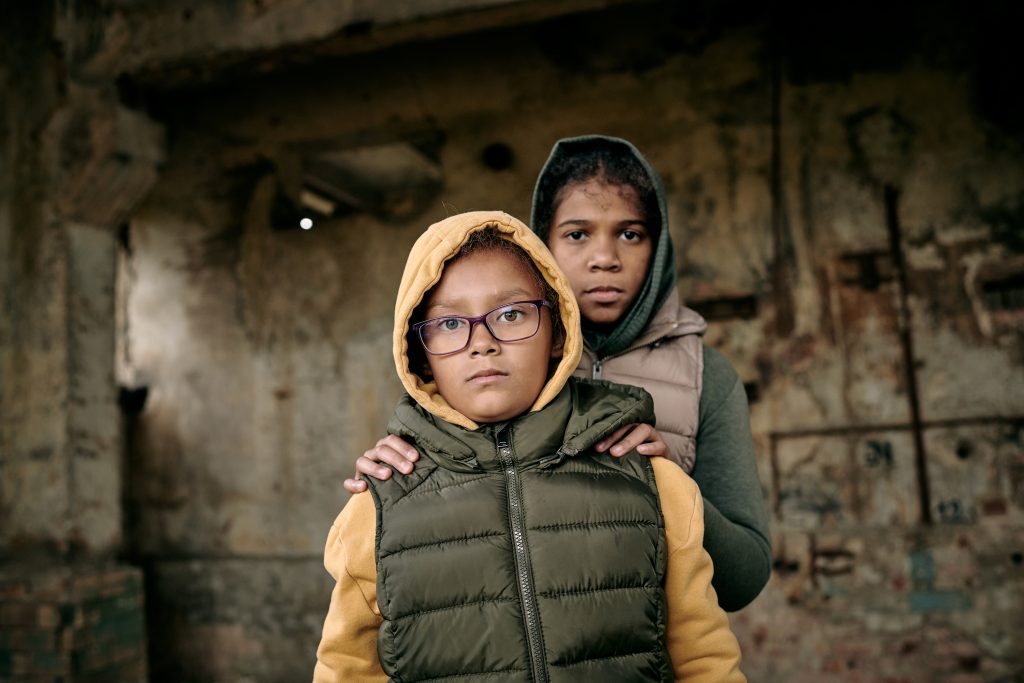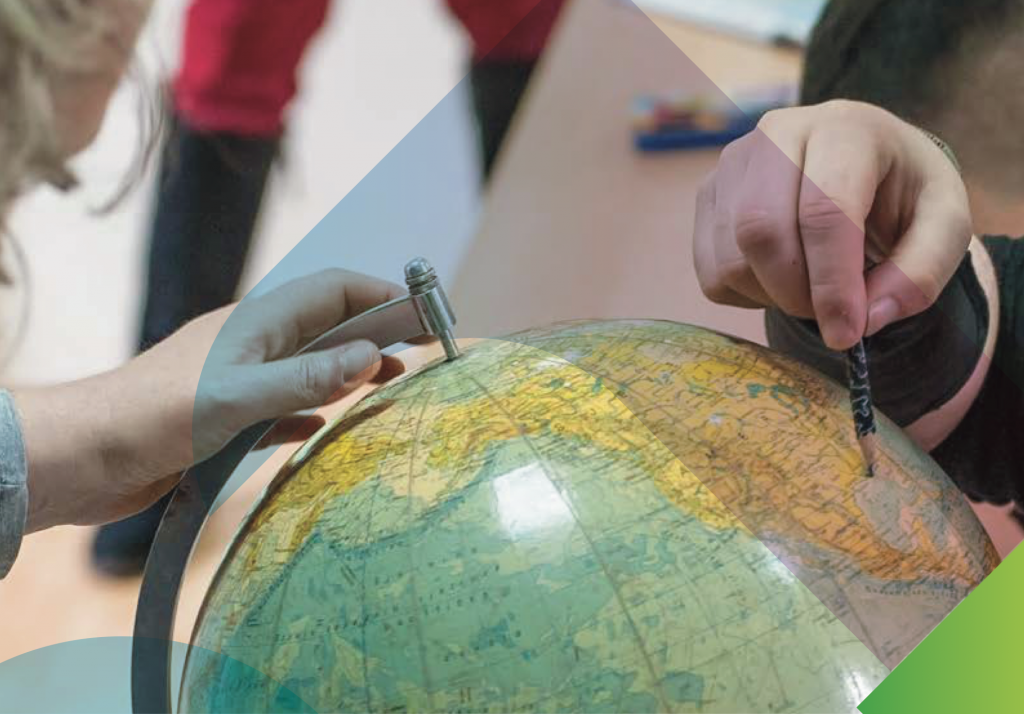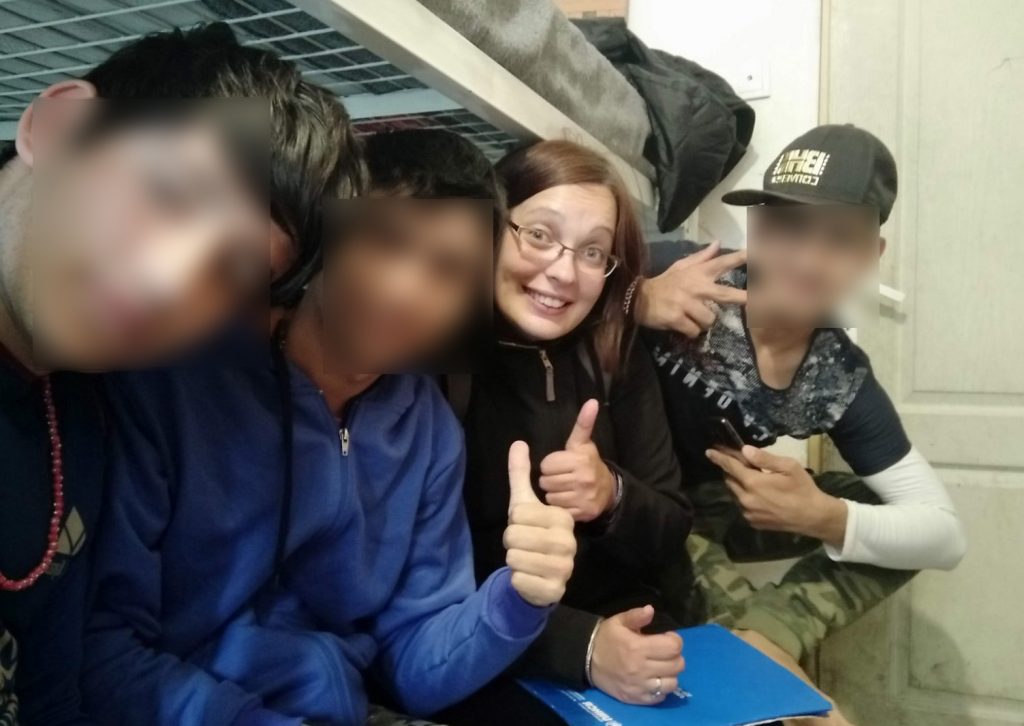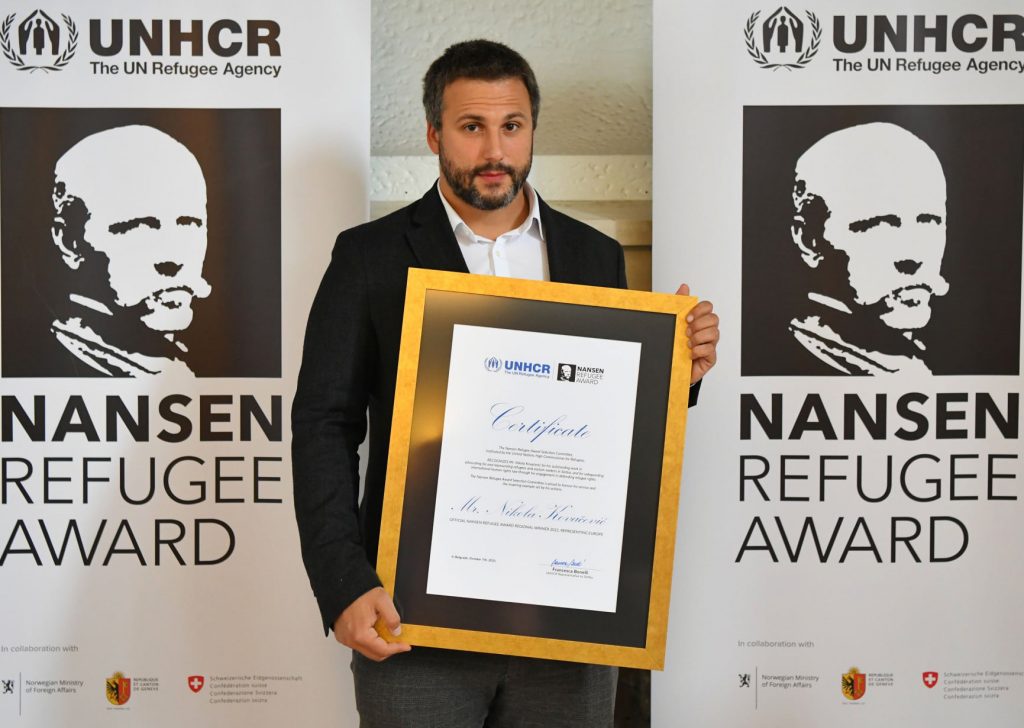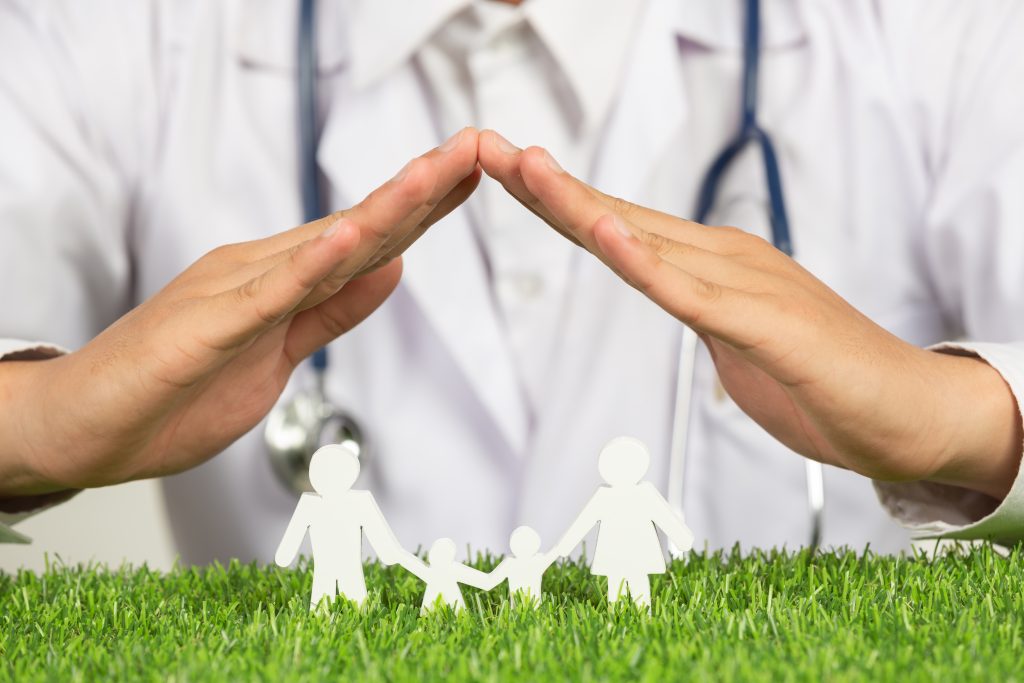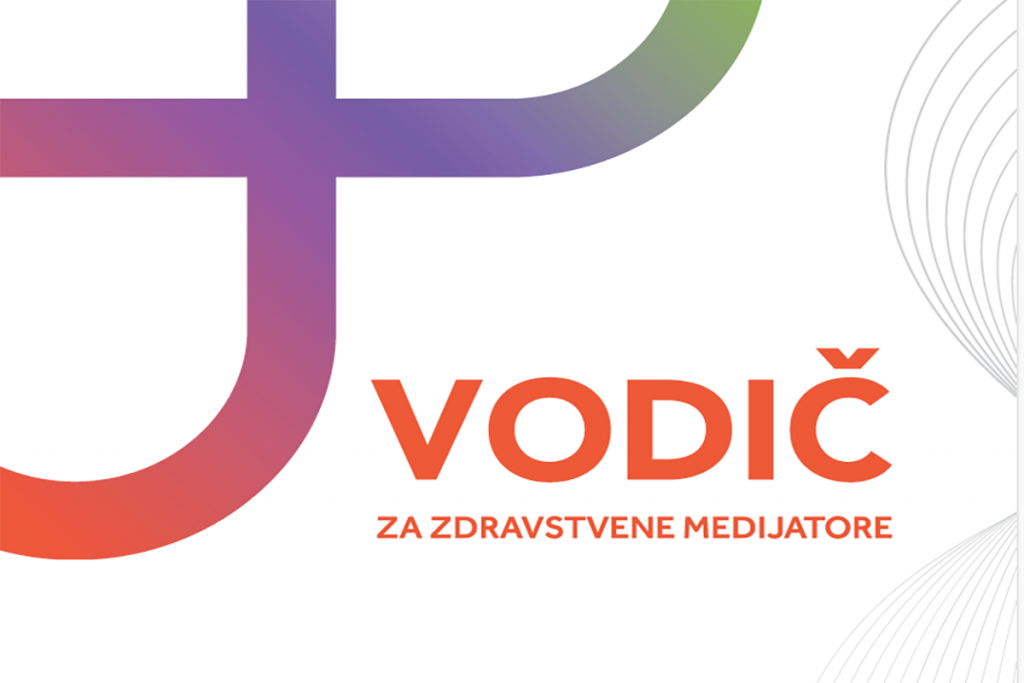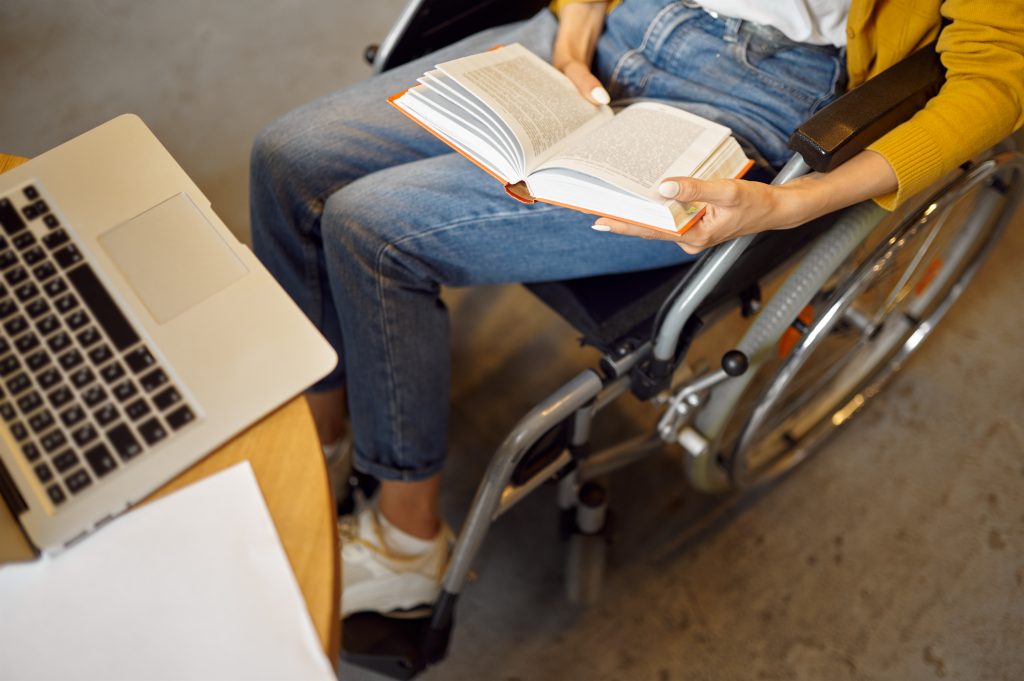Inkluzija daje snagu svakom biznisu
Potraga za poslom je stresna za sve. U posebno osetljivom položaju jesu ljudi koji imaju bilo koju vrstu invaliditeta. Pored još uvek čestih predrasuda poslodavaca prema osobama sa invaliditetom, ne smeju se zanemariti i prepreke poput nedovoljno prilagođenih radnih mesta i procesa rada, ali i manjak potrebe za radnom snagom. Upravo zbog toga je Forum mladih sa invaliditetom poslednjih godina u fokus svog rada stavio ostvarivanje prava osoba sa invaliditetom na rad i zapošljavanje.

